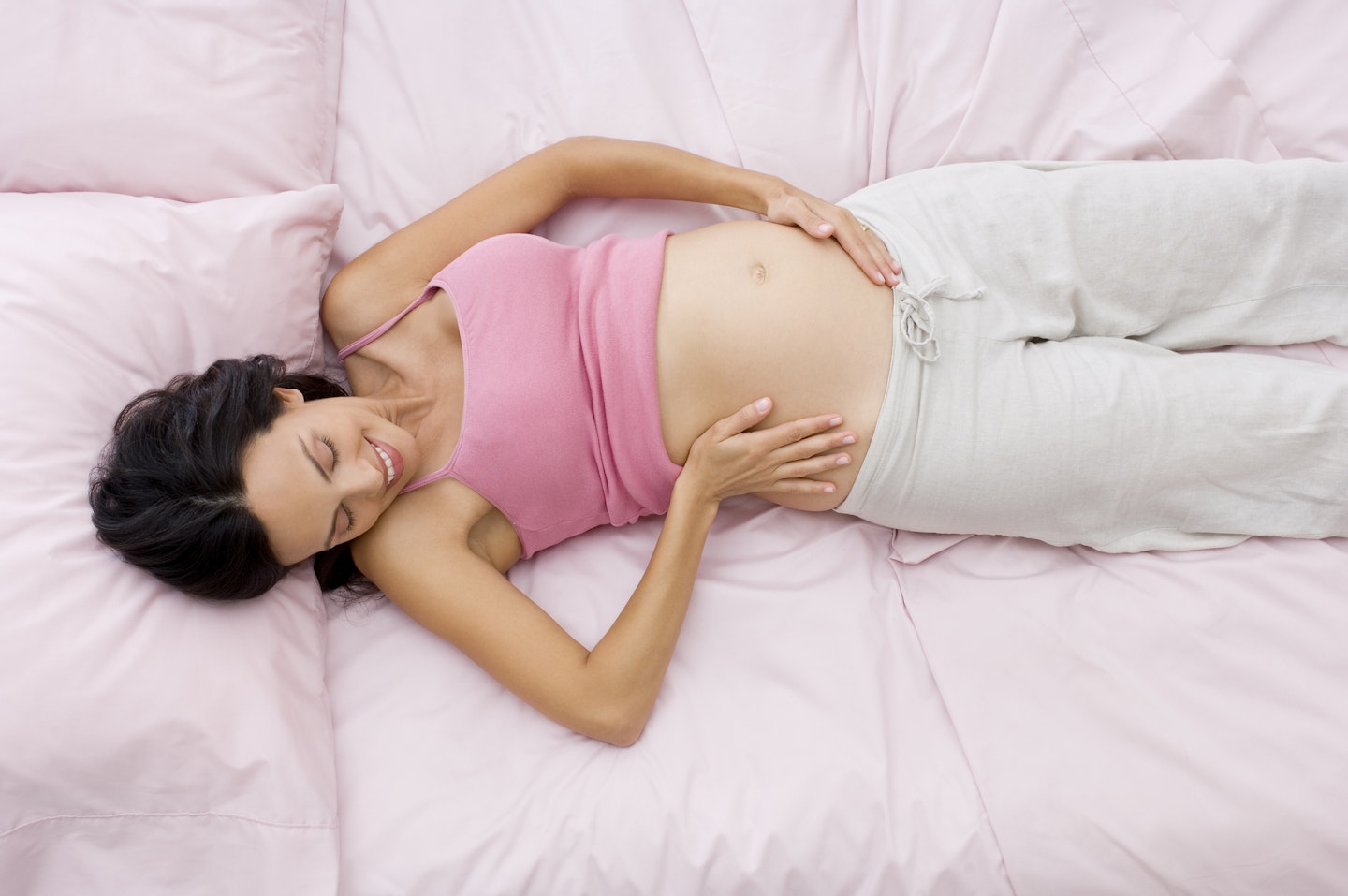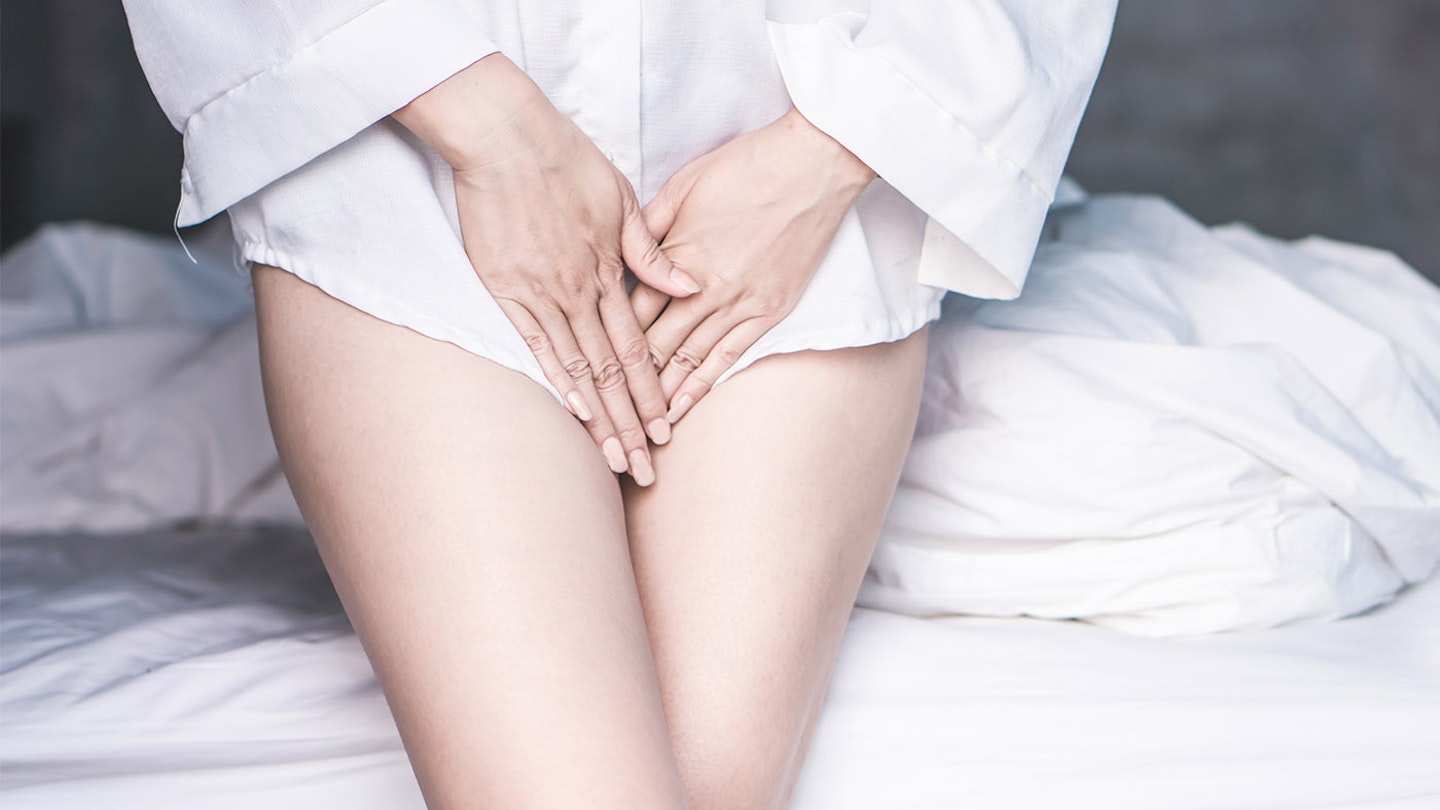Most women at some point in their lives will experience thrush. And even though it’s completely harmless and really nothing to worry about, treating thrush in pregnancy can sometimes be hard.
We spoke to Lesley Gilchrist, registered midwife and co-founder of My Expert Midwife to help you learn more about treating thrush in pregnancy.
How do you treat thrush during pregnancy?
“Once you have developed thrush, it can disappear naturally, or there are treatments available which target the yeast growth and ease the symptoms," says Lesley.
"There are several over-the-counter creams and pessaries available to treat vaginal thrush. Although your pharmacist will be able to advise you on the latest recommended treatments and which to use during pregnancy, they will not sell you a treatment unless it has been prescribed by a doctor. You can phone your midwife or GP and ask for a prescription over the telephone.”

How to ease and help prevent thrush during pregnancy
Lesley shares her top tips on how you can prevent getting thrush and how to ease the symptoms of thrush if you do.
• Try to wear loose fitting underwear and clothes made from natural fibres such as cotton, silk and linen - these are more absorbent and hence help your skin to breathe more easily. If you can, go pant-free to allow air to circulate freely.
• Make sure your washing detergent or fabric conditioner isn’t causing or increasing the irritation - change to a milder or anti-allergy type and if you use pads or panty liners make sure they are natural or fragrance free. Even better, invest in washable ones which you know are free from chemicals and you can wash in a fragrance-free washing product of your own choice. They are also softer, so don’t rub and irritate the vulval area any further.
• If your underwear or clothes become sweaty or damp for any reason change into fresh clothing as soon as you can - for example when swimming or exercising. Thrush loves a damp, warm environment in which to multiply.
• Avoid using perfumed soaps and shower gels - these can irritate you further. It is best to wash your vulva with plain warm water only, and be careful after going to the toilet, making sure you always clean front to back to avoid any bacteria from your back passage being wiped into the vulval/vaginal area.
